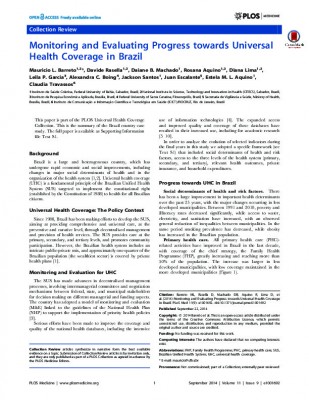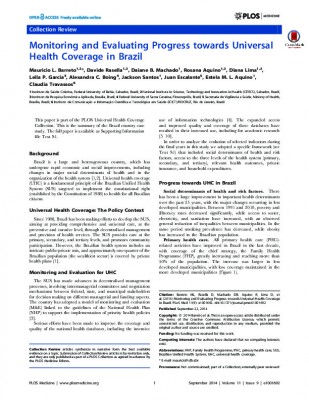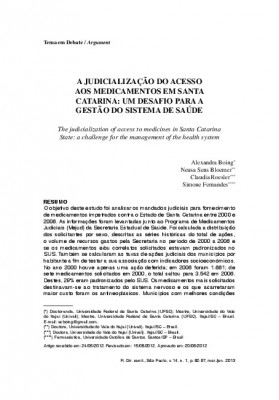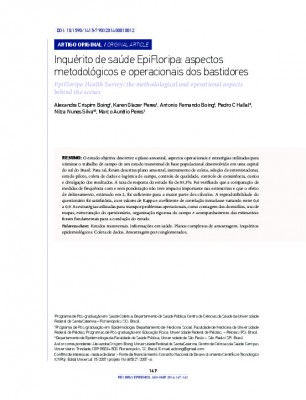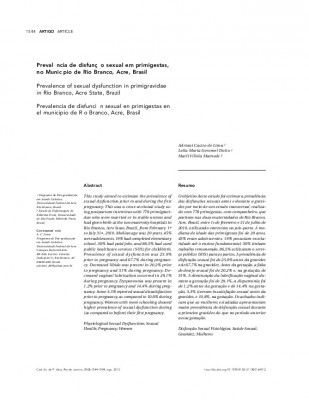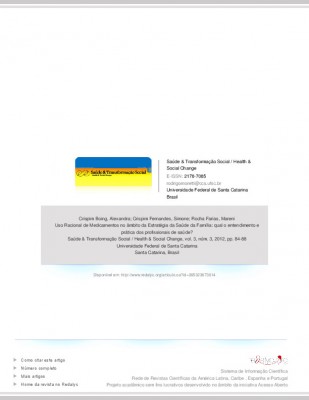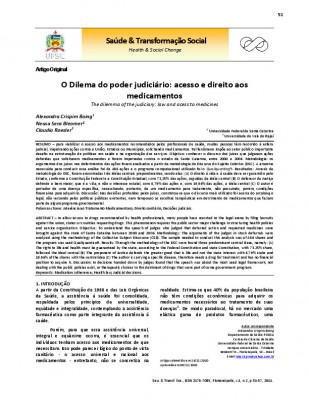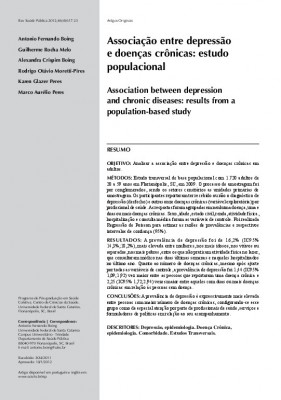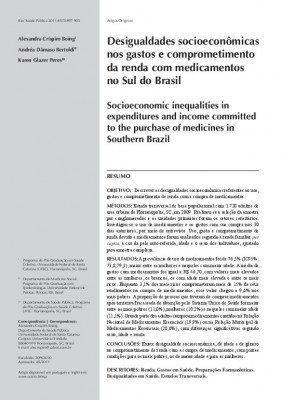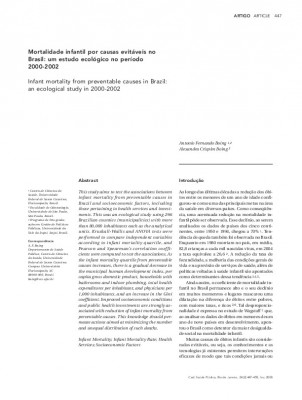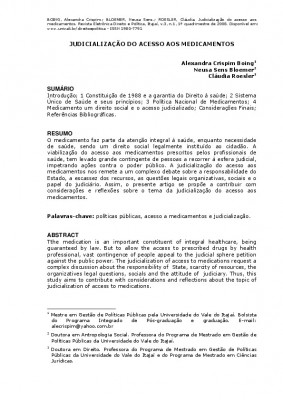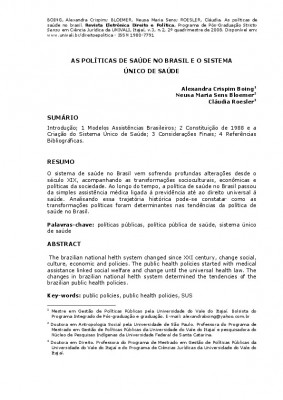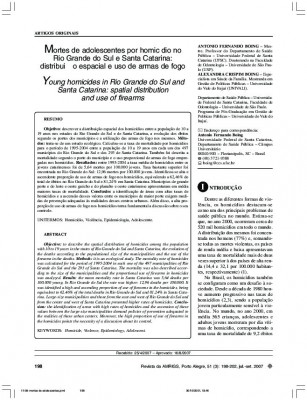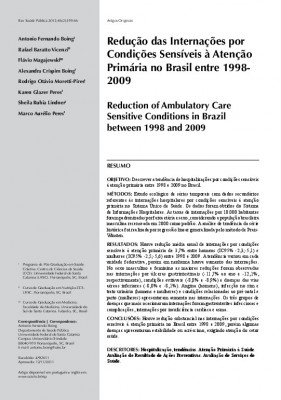
Resumo
OBJECTIVE:
To describe the trends in hospitalizations for ambulatory care sensitive conditions between 1998 and 2009 in Brazil.
METHODS:
The ecological time series study used secondary data on hospitalizations for ACSC in the Sistema Único de Saúde (SUS, National Unified Health System). Data were obtained from the Hospital Information System. Hospital admission rates per 10,000 inhabitants were standardized by age range and gender, using the 2000 census male Brazilian population as standard. Trend analysis of the historic series was performed through generalized linear regression using the Prais-Winsten method.
RESULTS:
Between 1998 and 2009, there was an average annual reduction in admissions for ambulatory care sensitive conditions of 3.7% in men (95%CI -2.3;-5.1) and women (95%CI -2.5; -5.6). The trend varied in each state, although no increase in admissions was observed in any state. In both men and women, the highest reductions were observed in hospitalizations for gastrointestinal ulcers (-11.7% a year and -12.1%, respectively), avoidable conditions (-8.8% and -8.9%) and lower respiratory diseases (-8.0% and -8.1%). Hospitalization increased only for angina (men), kidney infections and urinary tract infections (men and women) and conditions related to prenatal care and delivery (women). The three groups of illness which led to the most admissions were infectious gastroenteritis and its complications, cardiac insufficiency and asthma.
CONCLUSIONS:
Between 1998 and 2009, there was a substantial reduction in admissions for ambulatory care sensitive conditions in Brazil, although some illnesses presented stability or even an increase, which calls for attention from the health sector.


